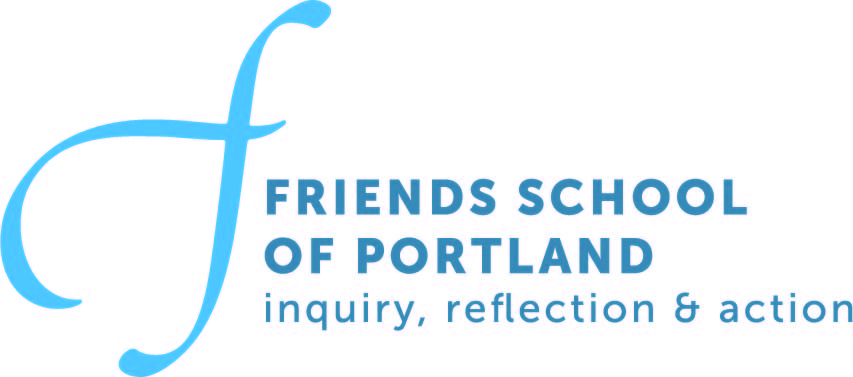Third grade student painting a rock for Birdland -- a beloved spot in our forest with a special bird legend.
In 2020 and 2022, Aliza’s 5-6 classes collected data on which hemlock trees in our forest are affected by wooly adelgid, a small, invasive insect that threatens the sustainability of hemlock trees. Students contributed this data to Gulf of Maine Research Institute’s citizen science data collection program which has been mapping the wooly adelgid’s spread, and it is moving quickly. This year a seventh-grade student wrote her Year End Project on the future of our hemlock trees. In her words: “The woods and the forest are an important part of our school. If we don’t do something to protect our hemlock forest, we’re not protecting part of our school – we’re letting go of a really big part of our school.” Slowing down the death of hemlock trees is a way of safely reestablishing the health of our educational forest.
Our internal efforts to map and predict have now been supported by a number of professionals. This spring, we are working with Mike Hughes, an ISA Board-Certified Master Arborist, to treat our hemlock trees, which are being affected by hemlock wooly adelgid. Mike treated some of our trees over April break, focusing on selected mature hemlock trees around the perimeter of the school that we're at risk of losing. In addition to working with Mike Hughes, we work with Dan O'Wril from Blue Ox to care for our hemlock trees and the other trees in the forest.

